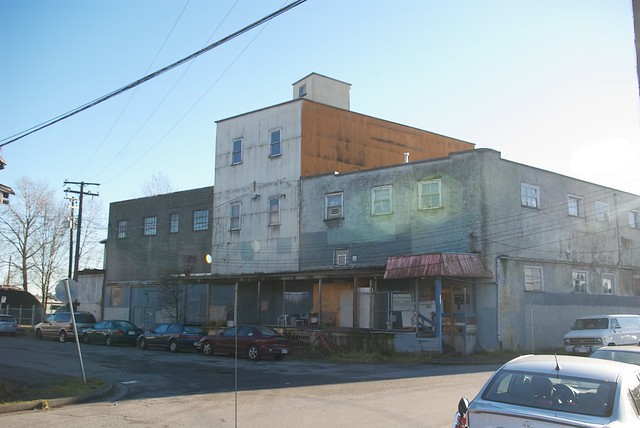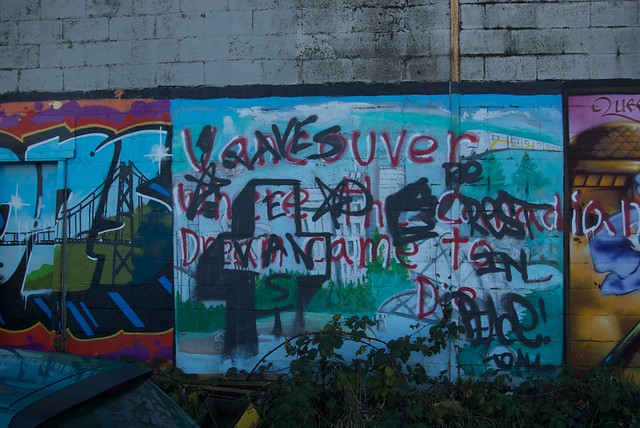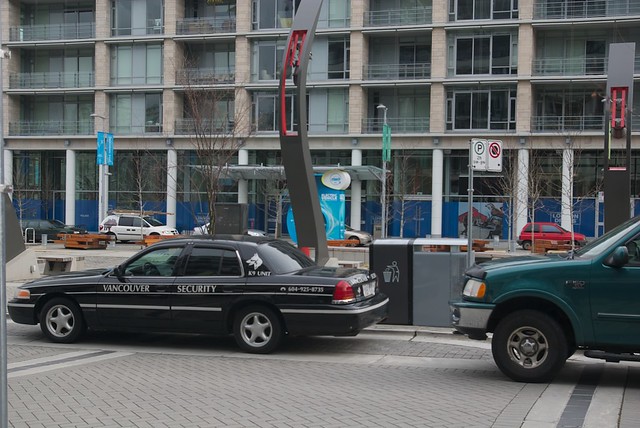Three more shelters are supposed to close this week. The closures seem inevitable, but they are not.
Today, people living at the three remaining shelters are organized and are planning to fight back. We can remember clearly the same situation last year: when Central Shelter residents responded to the closure of their shelter by announcing a tent city, the government was forced to change plans. Central is still open to this day, even though it was a so-called “seasonal” shelter. More recently, the scheduled closure of New Fountain shelter this month was put on hold after protests at City Hall and throughout Vancouver.
People want to stay at the remaining shelters, but they will need enough support because when they walk out of the shelters looking for a place to set up tents and structures on sidewalks and alleys, they will now be automatically responsible for a $1000 fine: last week Mayor Gregor Roberston and Vision passed a law that bans tent cities in Vancouver. This is why today, when seniors, shelter residents, supporters and media gathered for a press conference about the tent city outside the Cardero Shelter, dozens of police arrived to intimidate, monitor and film from across the boulevard. When the police cameras are pointing, and when cops arrive to instill fear and make shelter residents disperse under the pressure of surveillance and authority, supporters need to be there arm in arm. When the police say to the media, “trust us, they are criminals,” we have to say in return: “trust us, they are criminals.”



